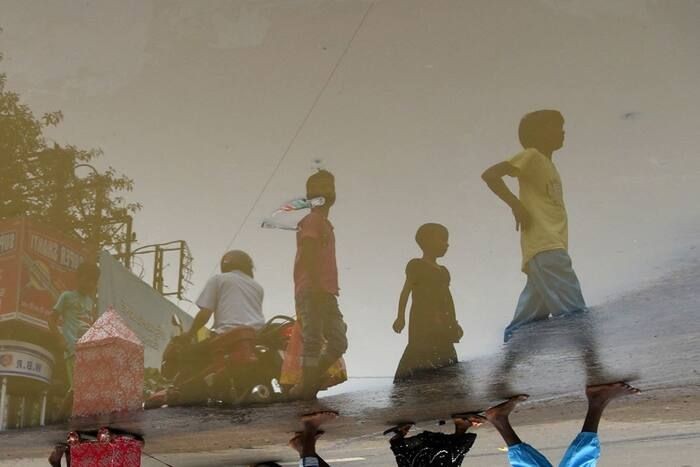Picture for representational purpose only. Photo Courtesy: IANS

June 12 is International Day Against Child Labour
Aotula Pongen
Dimapur | June 11
Children are the future citizens of tomorrow but according to the World Health Organisation (WHO), the future of almost 250 million children is in jeopardy because of the work they are compelled to do and being deprived of a proper education.
As the world observes International Day Against Child Labour on June 12, it is pertinent to question the normalization of children as domestic help in Naga society.
Sister Pramila Lobo, who has been working with the All Nagaland Domestic Workers Union (ANDWU) for four years, stated that most families of domestic helps are not aware of child rights and send their children to work in the towns, under the impression that they would be cared for and receive an education.
In reality, most of the children drop out of school and work full time under deplorable conditions, she added.
The ANDWU recently conducted a study about the conditions of domestic workers in Nagaland, which revealed that a lot of them were being overworked, underpaid, subject to abuse and living under dismal conditions.
The study which was based on a survey of domestic workers who are 18 years of age and above, found that approximately 10%-15% of domestic workers are from Eastern Nagaland areas and about 20% were from migrant communities.’
Meanwhile, the most recent available state-wide data on the condition of child labour is based on the 2011 census. A recent report by Livemint, based on this data, stated that Nagaland had the highest rate of child employment at 13.2%. This was followed by Himachal Pradesh at 10.3% and Sikkim at 8.5 percent.
Indigenous workers more vulnerable?
While the ANDWU’s study concentrated on the 18 and above age category, the findings are symptomatic of what child domestic workers also face. Lobo stated that most indigenous domestic workers are given cramped living space, inadequate food, clothes and little to no money. In comparison, migrant workers are smarter and work as domestic help or part-time jobs in garages or hotels and earn a minimum of Rs 3000 rupees per month. They live in rent houses in poorly kept areas.
She also pointed out the domestic and sexual abuse that the helps experience at the hands of their employers. Young girls while working face sexual harassment by male employers and are at loss at what to do about it as, if they speak up about it, they are afraid that they might lose their jobs, she added.
The lack of job opportunities and lack of awareness contributes a lot to this situation even existing. Without proper education, these young children cannot gain the required skill-set that will enable them to secure higher-skilled jobs to lift their families out of poverty, Lobo stated.
Education is a basic right now thanks to the Right to Education (RTE) Act but the compulsory education is still limited to the age groups of 5-14 years of age. This brings to question what about those that fall under the category of 15-18 years. They are exploited out of a secure future and thrown into the scary adult world of having to look after oneself when they should be studying for a better future.
Awareness a huge issue
Awareness is a huge issue, according to Lobo, in helping to eradicate child labour, as poor families that are unaware are more likely to force their children to work. She observed that there is an urgent need for the government to promote awareness programs and campaigns, and hold to account those that use children and adolescents to work illegally without proper education.
Meanwhile, Lobo stated that the government also needs to recognise domestic work as an actual job and make policies to provide a proper minimum wage plan to help uplift their lives.
The 2019 theme for the International Day against Child Labour is ‘Children shouldn’t work in fields, but on dreams.’ Sister Lobo delivers a similar message to those who justify child labour as “they are helping their parents bring in a stable income.”
“They do not wish for their younger siblings or anyone to follow their path and work like them but want them to have a better future in life.”
The writer is currently an intern at The Morung Express.






